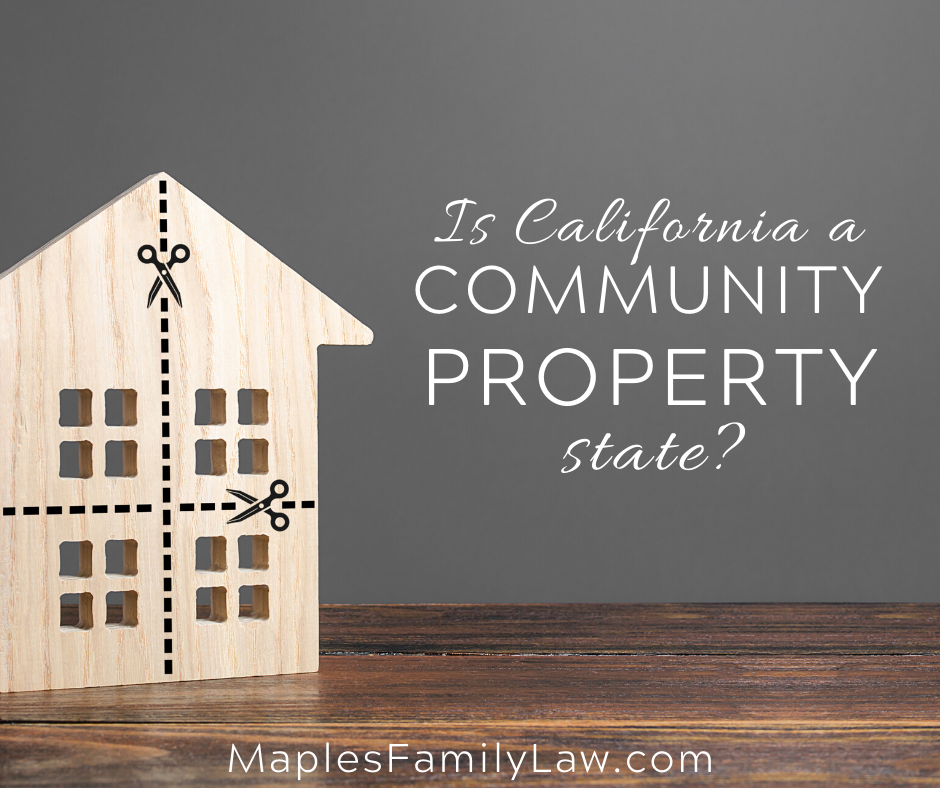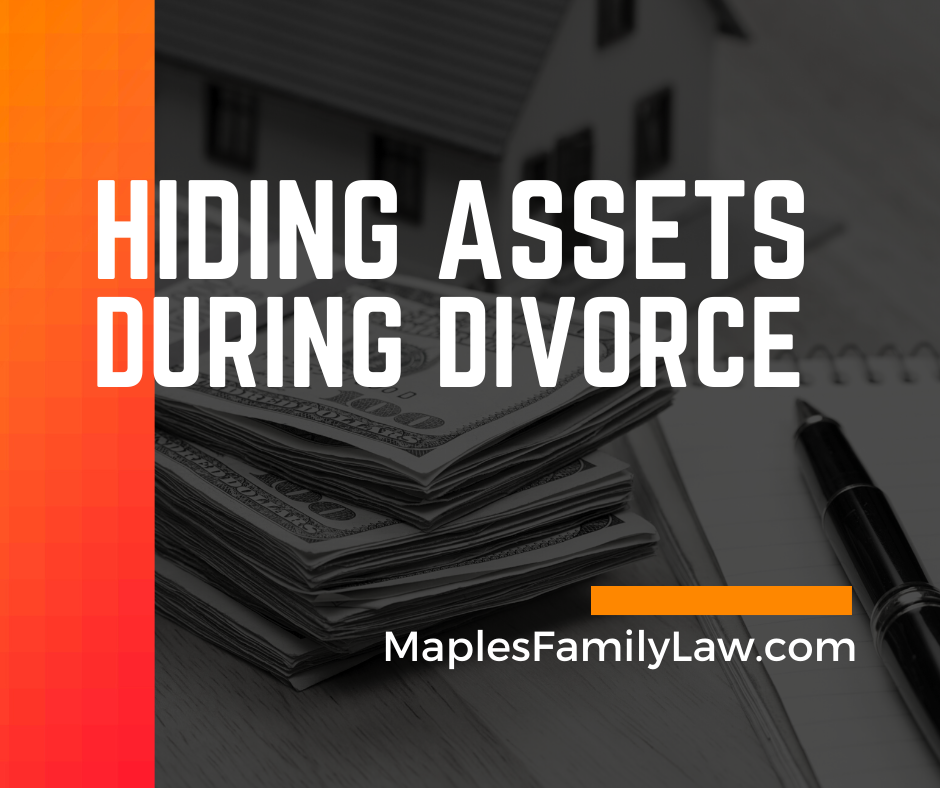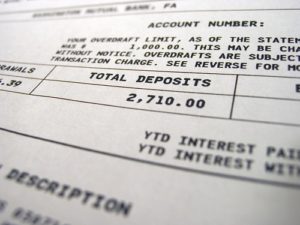 Divorce
Divorce
Is California a Community Property State?
Is California a community property state? Here’s what you need to know if you’re getting divorced in San Joaquin County or elsewhere.
Is California a Community Property State?
California is considered a community property state – but to many people, that doesn’t mean exactly what it sounds like. Under California law, the property a couple acquires during a marriage is community. That means it belongs equally to both parties, and when the couple divorces, they must divide it fairly.
What Counts as Property Under California Law?
Property is anything you can buy or sell, like:
- Houses
- Vehicles
- Furniture
- Clothing
- Household goods (like dishes, pots and pans, televisions and other items you use around your home)
It’s also anything that has value, even if it’s not something you’d buy or sell, such as:
- Bank accounts
- Cash
- Pension plans
- 401(k) plans
- Stocks
- Life insurance that has cash value
- Businesses
- Patents
When you divorce your spouse, you’re free to come up with an agreement that gives you both your fair share of the property. However, even if you agree, the judge in your case will still have to sign off on it. If the settlement you and your spouse work out is unfair to one of you, the judge can tell you to come back with a different plan.
If you and your spouse can’t agree, you’ll either have to go to mediation or ask the judge to rule. If you ask the judge to rule, you’ll have to provide an accurate valuation of all the property you own – and that can be tricky for assets like businesses. (In that case, you’ll most likely have to hire a professional to value the business.)
Related: What is community property?
Is California a Community Property State When it Comes to Debt?
California law treats debt just like it treats assets. If you accrued the debt while you were married, it most likely belongs to both of you. (There are some rare exceptions, though. For example, if one spouse racked up a bunch of credit card debt because he or she was spending money on a paramour, you can let the judge know – that kind of debt may only belong to the party who created it.)
Related: The California divorce process
What About Separate Property?
As a general rule, the assets and debts you brought into your marriage belong to you alone. The same is true for your spouse.
For example, if your spouse had a paid-off car, furniture and money in a bank account before you married, those assets will most likely still belong to your spouse when you divorce.
Sometimes these things get tricky, though. If your spouse had partially paid off a car when you married and continued to make payments on it after your marriage, it’s neither community property nor separate property. Likewise, if your spouse has a pension or retirement benefit that he or she paid into before and after your marriage, the same is true. In these cases, the property is commingled.
Related: Dividing a business in a divorce in California
How Do You Divide Community Property?
In California, the property you divide has to be equal. But that doesn’t mean you need to chop your toaster oven in half or sell the house and split the proceeds (although you absolutely can do that if you wish). Instead, the total net value of the assets each spouse receives has to be pretty close to equal. That means it’s okay for one spouse to get the house and the other to get the family business. As long as the assets end up being equivalent in value, you have a fair agreement.
Related: Hiding assets during divorce
Do You Need to Talk to a Lawyer About Community Property?
In the end, what’s most important is that you know California is a community property state and that means you and your spouse have to divide your assets (and debts) equally. You may find that talking to a Stockton divorce attorney can help you sort through the situation you’re in.
Call us at (209) 395-1605 to schedule your consultation today. We can answer your questions about all kinds of divorce issues, ranging from child custody and child support to spousal support and basic divorce information.







